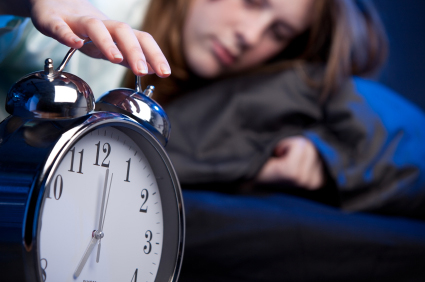Lack Of Sleep Amid Pre-Adulthood Can Prompt Stoutness: Study

Adolescents who think slumber is misrepresented ought to figure once more, as indicated by a late study led at Columbia University in New York that recommends lack of sleep amid pre-adulthood could prompt stoutness.
The exploration group reasoned that 16-year-olds who log short of what six hours of slumber for every night have a 20 percent increment in their danger of getting to be stout by age 21 when contrasted with the individuals who rested eight hours for every night.
“Absence of slumber in your high school years can stack the deck against you for corpulence further down the road,” says Shakira F. Suglia, Scd, aide teacher of Epidemiology at Columbia’s Mailman School of Public Health. “Once you’re a hefty grown-up, it is much harder to get more fit and keep it off.”
Suglia and her associates are the first to study the long haul impacts of lack of sleep in the adolescent years and their results could be a portion of the strongest confirmation to come showing a danger for hoisted body mass record.
The examination group gathered their information from 10,000 Americans matured 16 to 21 who were members in the National Longitudinal Study of Adolescent Health, connecting with them amid home visits in 1995 and 2001 to study their tallness and weight.
Just about one fifth of the 16-year-olds reported dozing short of what six hours for every night, and by age 21, this gathering was 20 for every penny more inclined to be stout than companions who reported eight hours of slumber for every night.
Specialists say absence of physical action helped members’ weight however did not represent the relationship between the corpulence and lack of sleep.
Despite the fact that they had anticipated that will discover a contrast in the middle of young men and young ladies and how their bodies reacted to restlessness, none were discovered relating to weight.
“The message for folks is to verify their teens get more than eight hours a night,” says Suglia. “A decent night’s slumber accomplishes more than help them stay alarm in school. It helps them develop into solid grown-ups.”
The U.s. Habitats for Disease Control and Prevention (CDC) suggest nine to ten hours of slumber for teens.
